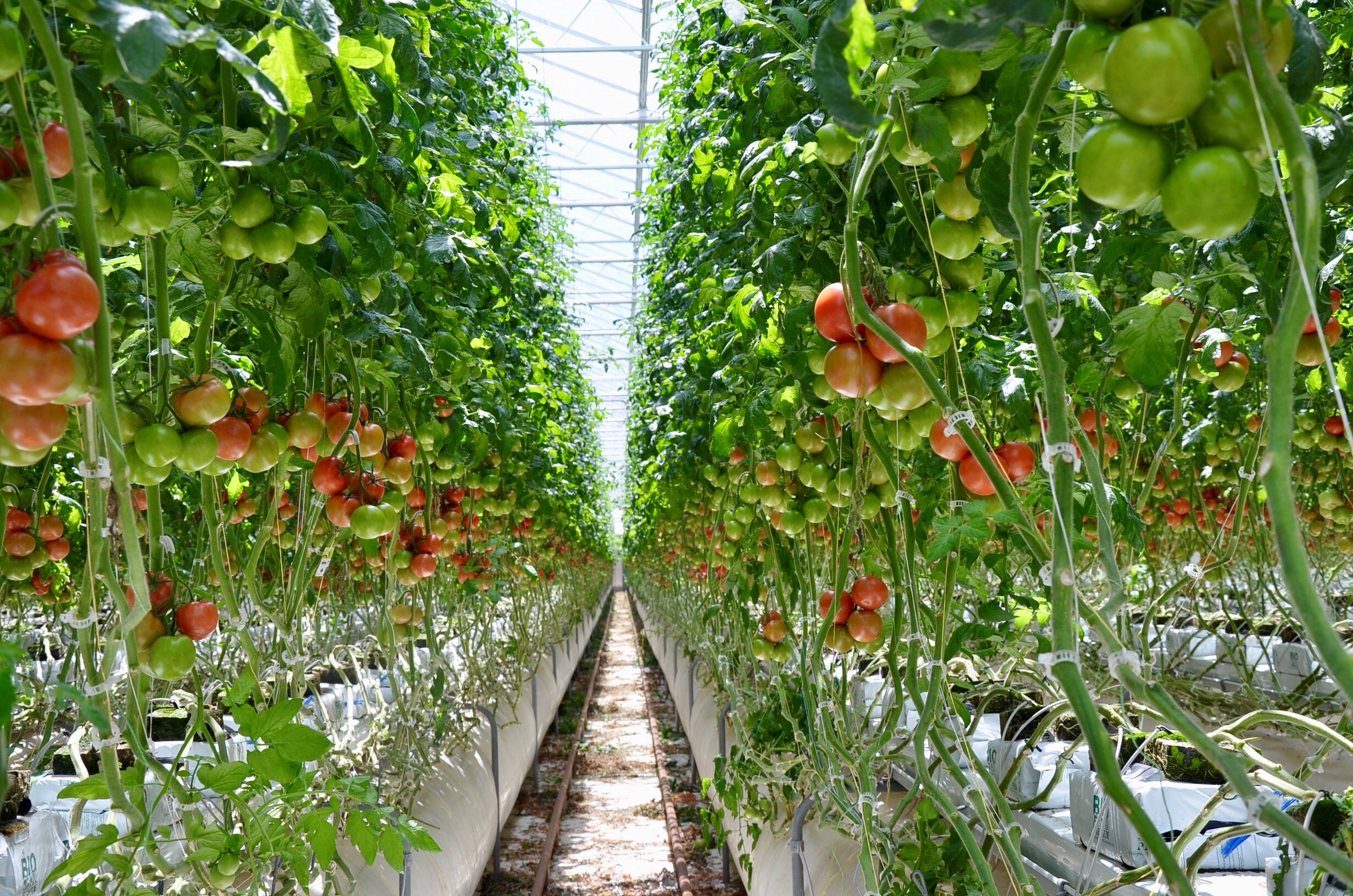Equilibrium Capital Group, an asset manager focused on sustainable and impact-driven agricultural investments, announced a partnership via equity investment in Houweling’s Group, an advanced greenhouse grower of tomatoes, bell peppers, and cucumbers. Together, Equilibrium and Houweling’s will modernize and expand Houweling’s advanced technology greenhouse facilities located in California and Utah.
“We see a tremendous opportunity for the future of controlled environment foods,” said Equilibrium Chairman David Chen, who will be delivering a presentation on Institutional Scale Controlled Environment Agriculture at Global AgInvesting 2019 in New York this coming April.
“Houweling’s,” Chen continued, “is a leader and pioneer in North American greenhouse agriculture. Their reputation and record for high quality and consistent crops along with their commitment to sustainability practices has earned them the respect of and growth from leading national retailers.”
Building upon the firm’s decade of work in agriculture and food production, Equilibrium is able to leverage the insights its gained through the management of its assets and the creation of markets with its farmers and food partners. As such, this is the second major move by Equilibrium in controlled-environment food production in a matter of months.
“Farming is undergoing a profound shift to a capital and production infrastructure intensive model to meet the demands of consumers, retailers and food processors for more reliable, year-round, fresher, and sustainable foods,” said Chen. “By partnering with top tier operators such as Houweling’s, we will grow with the demand for year-round greenhouse and regionally grown foods.”
The investment in Houweling’s follows closely upon Equilibrium’s $11.3 million investment in the Minnesota-based greenhouse operations of Revol Greens in December 2018.
Growing a range of leafy greens in protected greenhouse environments, including baby arugula, baby spinach, red and green leaf lettuces, romaine, and butter leaf lettuce on a year-round basis, Revol Greens has seen demand in the U.S. Midwest outpace its production.
“The heightened awareness around food safety has only increased the appetite for greenhouse grown produce,” said Jay Johnson, president of Revol Greens. “We look forward to expanding our greenhouse operations so that we can serve the growing number of consumers seeking out fresh, great-tasting lettuce that is safe to eat.”
As a market leader with an advanced agriculture infrastructure platform that focuses on opportunities in regeneratively grown permanent crops, controlled-environment foods, and waste-water-energy distributed infrastructure, the partnership with Houweling’s strikes multiple fits with Equilbrium’s investment strategy.
Not only is the company an industry-leading grower, propagator, and marketer of greenhouse vegetables with more than 200 acres of greenhouse farms, but is also a pioneer in sustainability and waste-heat management.
“Houweling’s state-of-the-art greenhouse in Utah captures waste heat and CO2 from the neighboring power plant, reducing the amount of fossil fuels consumed compared to a traditional greenhouse operation, and recycling CO2 that would otherwise enter the atmosphere,” said Chen. “This is exactly the kind of economic and sustainability impact we look for in our strategies.”
Combined, the investments being made by Equilibrium in these large-scale greenhouse operations across California, Utah, and Minnesota exceed $100 million, according to Impact Alpha, and will support Houweling’s and Revol in doubling the size of their operations over the coming two years.
Equilibrium is also one of the largest investors in hydroponic berry production in North America; holding significant operating assets which have been marked to be expanded to more than 350 acres over the next 24 months as well.
“Our food system is moving towards controlled environment and distributed infrastructure as a means to adapt to the stress of climate change on current land-rooted systems, and the need to optimize our available land, water, and labor resources,” noted Chen. “Beyond vegetables and fruits, we will see this trend continuing to other areas of food production, including aquaculture and alternative proteins.”
-Lynda Kiernan

